By Bruce MacAllister
IOA Board Member
As a part of my service on the IOA Board of Directors, I am co-chair for the Standards of Practice Task Force. Like all members of this task force, I appreciate that the Standards form the core basis for our practice and that there are deep implications to identifying any potential issues with them. Yet my time on this task force has led me to ponder each of the major elements of the Standards.
Through this process, I have compared my own experiences across a long and varied career with those of other colleagues in light of our standard of “Independence.” One common assertion has been that, to comply with the Standards, adequate independence required that ombuds refrain from participating in the social fabric of their workplace. So, activities like meeting a colleague for lunch were out of the question. I have discovered through my own experience as well as observing the practical experience of others, however, that the implications of independence and neutrality become more intricate when practiced in the context of real-life human dynamics.
The expectation that an ombuds is to be viewed as a trusted, competent, respected, and independent member of the risk management community becomes far more complex when evaluated in light of how trust and respect actually form. One might assume that it is imperative to maintain a healthy state of “remoteness” and distance from those with whom the ombuds may need to engage to avoid any perception of non-neutrality. However, when one factors into the equation the key elements necessary to foster trust, effective communication, and an appropriate degree of influence (not over the outcome, but relevant to the need for action) that remoteness can work at cross purposes to building trust and rapport.

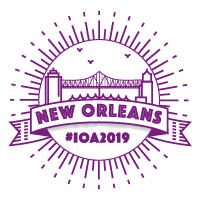

 White text on purple background – “Register now” – next to a line drawing of a figure in a circle.
White text on purple background – “Register now” – next to a line drawing of a figure in a circle. 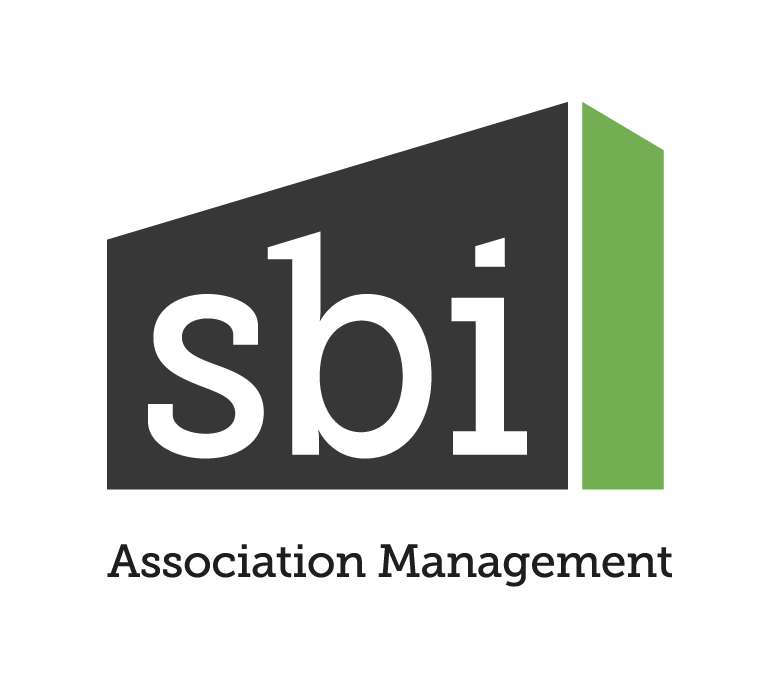
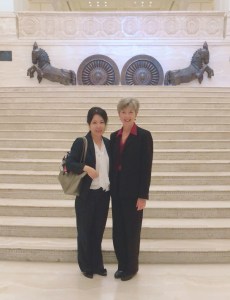
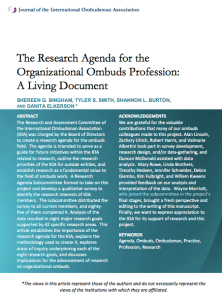
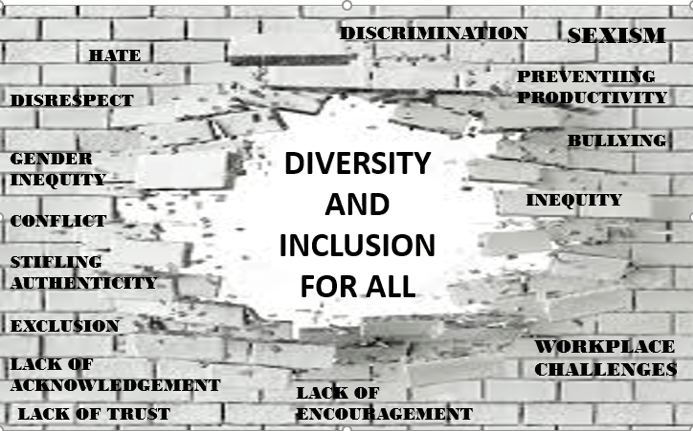 By Sana Ansari Manjeshwar
By Sana Ansari Manjeshwar I identify myself as an Asian, British, American female, raised in Nigeria, England and India, living in Texas and practicing spirituality inclusive of all religions. I used to think that my background represented the image of diversity and inclusion. I was wrong.
I identify myself as an Asian, British, American female, raised in Nigeria, England and India, living in Texas and practicing spirituality inclusive of all religions. I used to think that my background represented the image of diversity and inclusion. I was wrong.